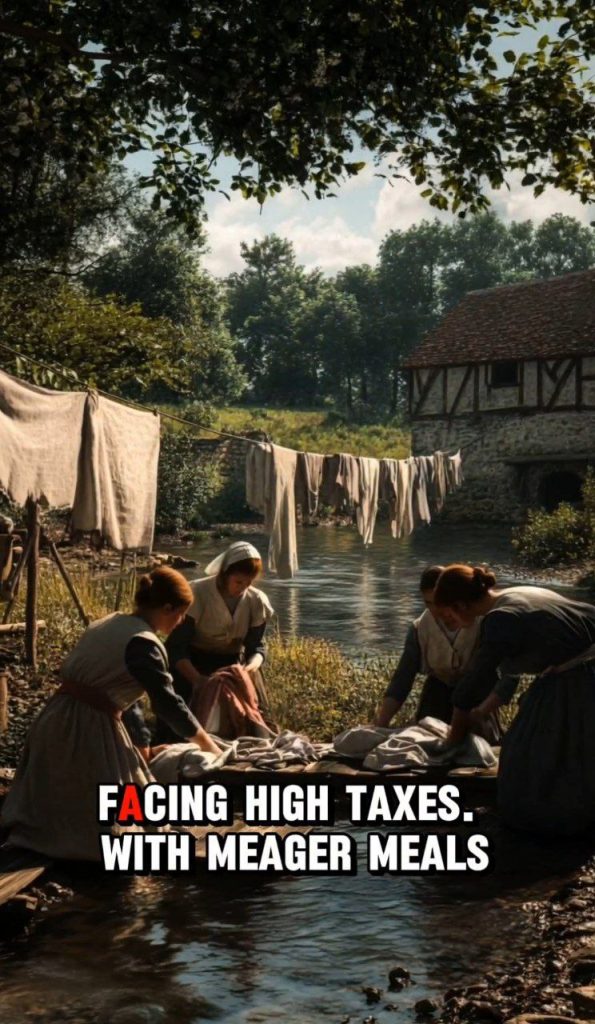A Day in the Life of a Peasant in 1505 England
In the year 1505, England was a land of stark contrasts. While nobility enjoyed grand feasts and luxurious castles, the vast majority of people lived as peasants, working tirelessly to survive. Their days were dictated by the rising and setting of the sun, bound to the land they farmed and the heavy demands of their lords.
Dawn to Dusk: A Life of Labor
A peasant’s day began before the first light of dawn. Men, women, and even children took to the fields, tending to crops, plowing the land, and caring for livestock. The work was physically exhausting, often performed with rudimentary tools like wooden plows and sickles. For those who were not farmers, occupations included blacksmithing, weaving, or milling—each vital to the community’s survival.
The feudal system dictated that peasants worked not only for their own sustenance but also to meet the obligations of their lords. Taxes and rents were high, often paid in crops or labor rather than coin. A poor harvest could mean hunger, debt, or even eviction from the land.
Simple Meals, Hardships, and Hope
Peasant meals were humble, primarily consisting of bread, pottage (a thick vegetable stew), and sometimes cheese or eggs. Meat was a rarity, mostly reserved for special occasions. Water and weak ale were the main drinks, as clean drinking water was scarce.
Despite the hardships, community was the cornerstone of peasant life. Families and villages worked together, sharing resources and assisting one another during difficult times. Festivals, church gatherings, and seasonal fairs provided rare moments of joy and relief from the daily toil.
The Resilience of the Common Folk
Though life was challenging, peasants in 1505 England endured through resilience and solidarity. Their labor built the foundations of the medieval economy, feeding the kingdom and sustaining the social order. Their struggles may have been great, but so too was their perseverance—carving out lives of quiet strength in a world that often seemed against them.
Would you have been able to endure the life of a peasant in 1505?


